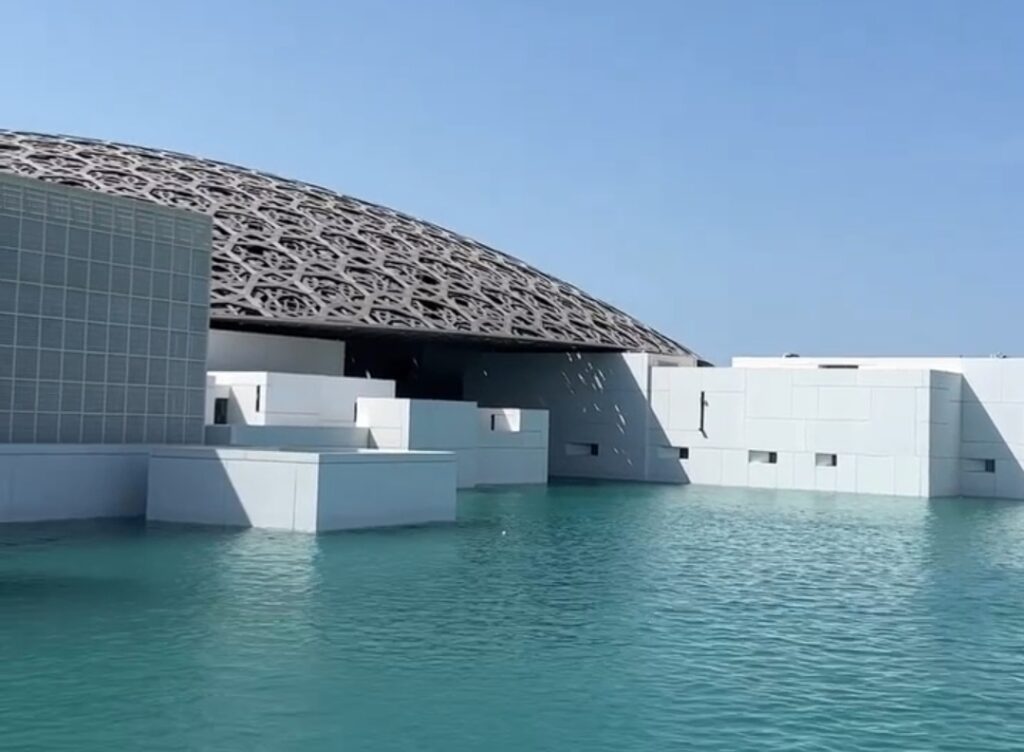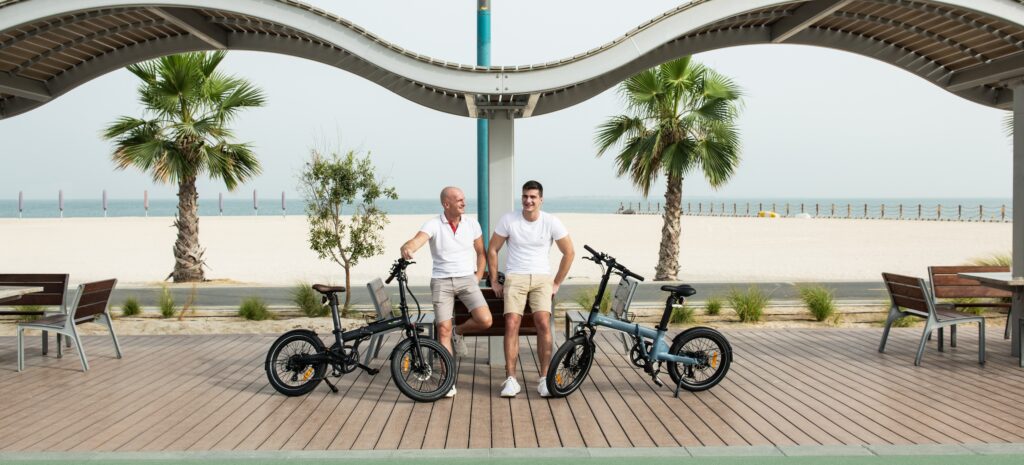In recent years, Dubai and Abu Dhabi have experienced remarkable growth and development in the Middle East. The United Arab Emirates has made significant efforts to develop their cities, Abu Dhabi and Dubai, which are now considered top destinations for foreign workers, business and tourism hubs, as well as for local residents.
According to a recent study titled “Cities of Choice” conducted by the Boston Consulting Group, several Middle Eastern cities, including Doha, Kuwait, Riyadh, Mecca, Dubai and Abu Dhabi share similarities in terms of strengths and weaknesses.
For this study, researchers surveyed over 50,000 people in areas such as economic opportunities, quality of life, social capital, interactions with authorities, and the pace of change.
Dubai and Abu Dhabi: A Thriving Economic Hub in the Middle East
Dubai is ranked by the Boston Consulting Group as a heavyweight city, with a population above three million but below ten million (referred to as “megacenters”). In terms of economic opportunities, Dubai scores a relatively strong 71 out of 100, reflecting its highly conducive environment for businesses and entrepreneurs. The city has experienced some of the fastest growth globally and has considerably diversified its economy over the years, particularly in tourism, real estate, finance, and transportation sectors.
Dubai’s digital infrastructure and built environment have contributed to its economic success by creating an efficient business landscape.
The city is also renowned for its innovative projects such as the Burj Khalifa, the world’s tallest building, and Palm Jumeirah, one of the largest artificial islands ever created.
Dubai is now positioning itself as a global leader in Web3 and blockchain technology, one of the most promising technologies of the decade.
However, the quality of life in Dubai varies depending on income. For the wealthy, it is a sought-after destination, but for low-income individuals, affordable housing options are limited, the cost of living is high, and educational facilities are not easily accessible. Nevertheless, Dubai has a high “social capital,” with a strong sense of belonging, a rich cultural and artistic scene, fostering social interactions and community engagement.
In the “Interactions with Authorities” dimension, Dubai ranks above cities like Sydney and Barcelona.
Dubai scores high in digital administration, prioritizing citizen participation in governance and decision-making, ensuring their involvement in the city’s future.
According to the Boston Consulting Group, Dubai must invest in innovation to become more agile and responsive to emerging challenges and opportunities.
Dubai and Abu Dhabi: A Global Innovation Hub
In this study, Abu Dhabi was ranked as a mid-sized city in terms of economic position and population. With approximately 1.5 million inhabitants, the city enjoys above-average income thanks to its thriving oil sector and flourishing economy.
Abu Dhabi scored a high 73 for the “economic opportunities” dimension of the study, reflecting the city’s proactive efforts to create a business-friendly environment for both local and foreign enterprises, fostering innovation and entrepreneurship.

However, its significantly lower score of 43 in the “quality of life” dimension indicates that the city must address gaps in its social and physical infrastructures. By investing in public transportation, green spaces, and social services, Abu Dhabi can improve the quality of life for its citizens.
Abu Dhabi receives a good score in “social capital” due to its efforts to preserve cultural heritage and promote social cohesion, which strengthens people’s sense of belonging to their community.




